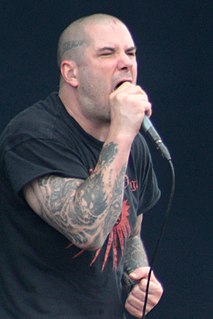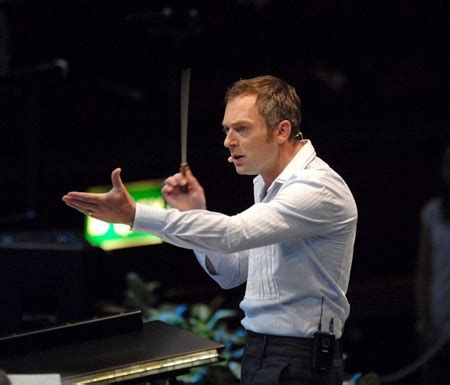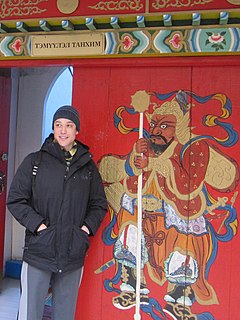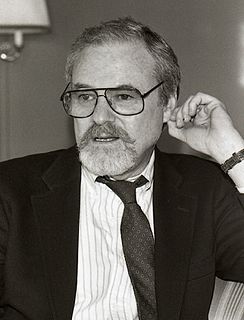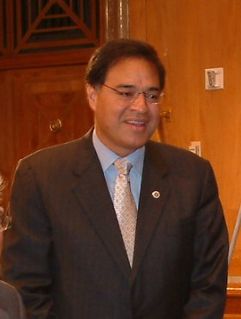A Quote by Shane Carruth
Any film that exists that is thorough, you can't give it to an audience of one and have that be effective communication. Communication involves an audience of many that have a conversation, put it through the ringer, filter it and then a sense of it coalesces.
Related Quotes
Many people become self-conscious when they communicate. Whether it's writing or speaking, they are consumed by anxiety. Self-consciousness is an impediment to what is required to serve an audience effectively. One's goal must be to achieve audience consciousness. To put oneself in their place, to recognize that the value of any communication arises from how it is received by them, not by what it means to the author. Rather than learning a multiplicity of rules for speaking, for example, I would suggest that a focus on serving one's audience will simplify and clarify everything.
Communication between band-mates is imperative. Communication is the key to any healthy relationship. If I need to be checked, I expect to hear it put in plain words what my faults are, and give my band-mates the ultimate consideration by shutting up and listening, then acting on the advice given. Same goes for anyone else in any band.
It still amazes me how many musicians aren't really interested in engaging with their audience at all. Alfred Brendel, a pianist for whom I have the greatest respect, has described performance as a sacred communion between the artist and the composer. But what about the audience? Music is communication, a two-way street.
I don't understand choreographers who say they don't care about the audience or that they would be happy to present their works non-publicly. I think dance is a form of communication and the goal is to dialogue with the audience. If an audience member tells me they cried or that the dance moved them to think about their own journey or a family member's, then the work is successful.
I feel that in-person contact with people is the most important thing in comedy. While I'm up on stage, I can actually put myself into the audience and adjust my pace and tuning to them. I can get into their heads through their ears and through their eyes. Only through this total communication can I really achieve what I'm trying to do.
I am oblique; I think that has to do with my own nature. I like trying to do things which work on many levels, because I think it is terribly important to give an audience a lot of things they might not get as well as those they will, so that finally the film does take on a texture and is not just simplistic communication.
For a very great many years, I asked this question: ‘To communicate or not to communicate?’ If one got himself in such thorough trouble by communication, then of course one should stop communicating. But this is not the case. If one gets himself into trouble by communicating, he should further communicate. More communication, not less, is the answer.
Effective communication is fascinating to me yet bad communication is just as fascinating. There are lessons to be learned from both. I can't say I am a natural communicator, it's taken a lot of work to be able to develop content relevant to the audience and deliver it with credibility. My initial natural ability tended to be more around the visual display of information. For years I was more comfortable visualizing other people's great thinking. I preferred to be hidden behind the curtain than a thinker myself.




